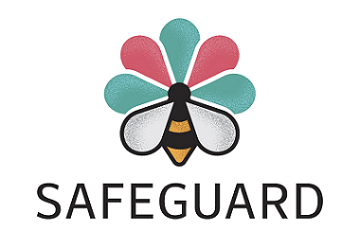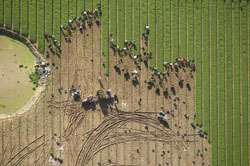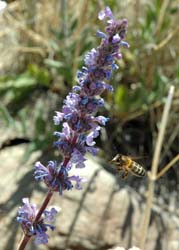
Welcome
Welcome to the official website of the Doñana Biological Station (EBD-CSIC)...

The Doñana Biological Station: EBD-CSIC
The Doñana Biological Station is a public Research Institute belonging to the Spanish Council for Scientific Research CSIC in the area of Natural Resources...

Mission
Our fundamental mission is to carry out multidisciplinary research of the highest standard directed to understanding the way in which biodiversity is generated, maintained and deteriorates, as well as the consequences of its loss...

Our methods
We apply many techniques within a multidisciplinary framework, from molecular genetics to remote sensing, and from modelling to physiological and isotopic analyses...

Monitoring the environment
Monitoring biodiversity at the Doñana Natural Space cover a wide range of communities, including both terrestrial and aquatic organisms...

Aims
Our aims include the study of the ecological and evolutionary processes by combining field work, mathematical and statistical models and physiological and genetic analysis...
 Outstanding
Outstanding
-
 Safeguarding European Wild Pollinators
Safeguarding European Wild Pollinators -
 Common Agricultural Policy and pollinators
Common Agricultural Policy and pollinators -
 A global synthesis reveals biodiversity-mediated benefits for crop production
A global synthesis reveals biodiversity-mediated benefits for crop production -
 Honeybees disrupt the structure and functionality of plant-pollinator networks
Honeybees disrupt the structure and functionality of plant-pollinator networks -
 Bees not the be-all and end-all to pollination
Bees not the be-all and end-all to pollination

 Safeguarding European Wild Pollinators
Safeguarding European Wild Pollinators


